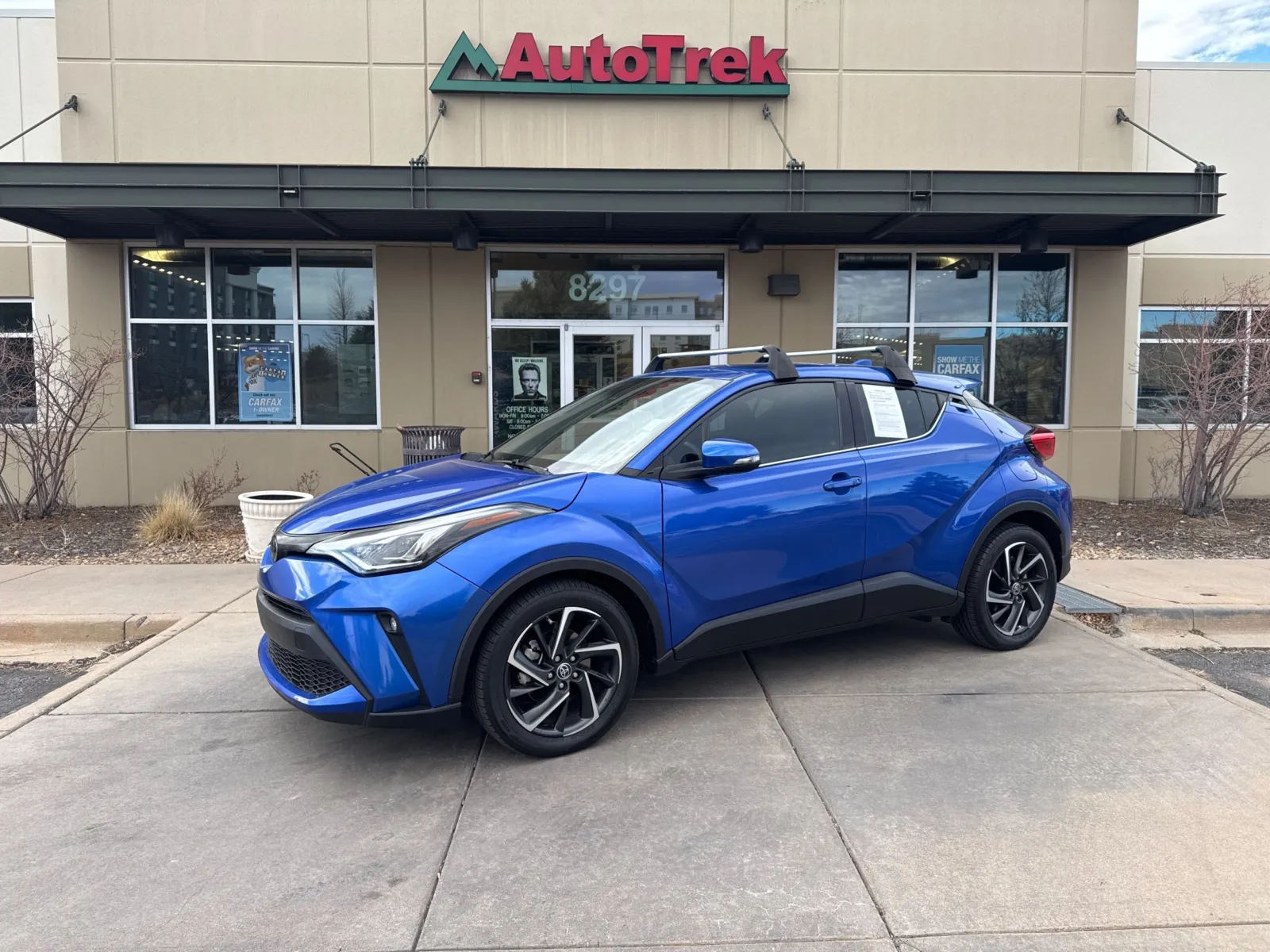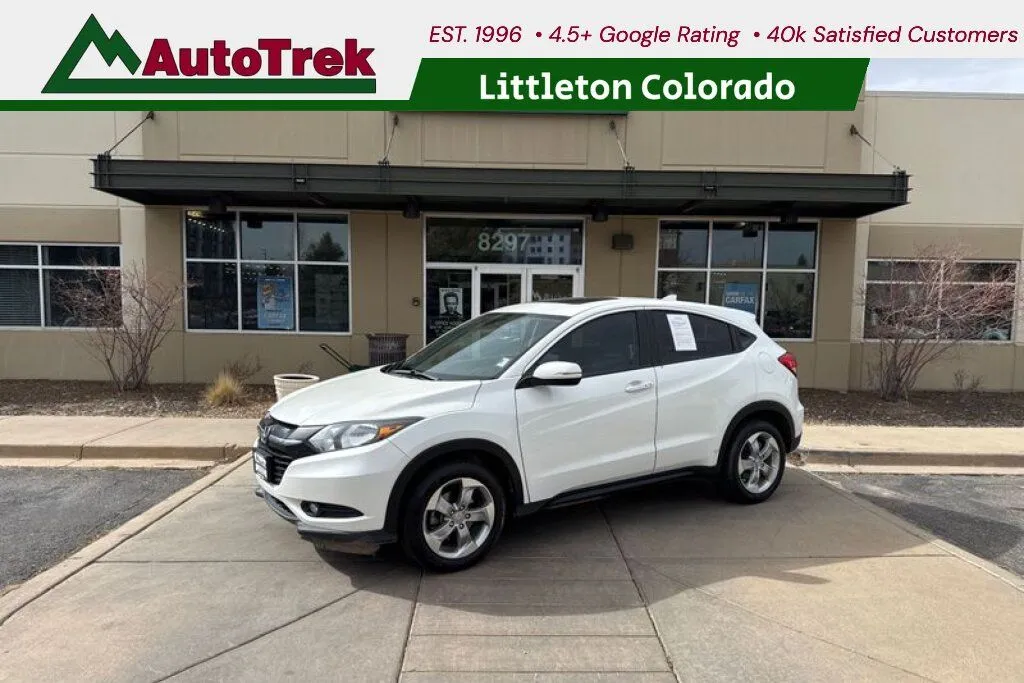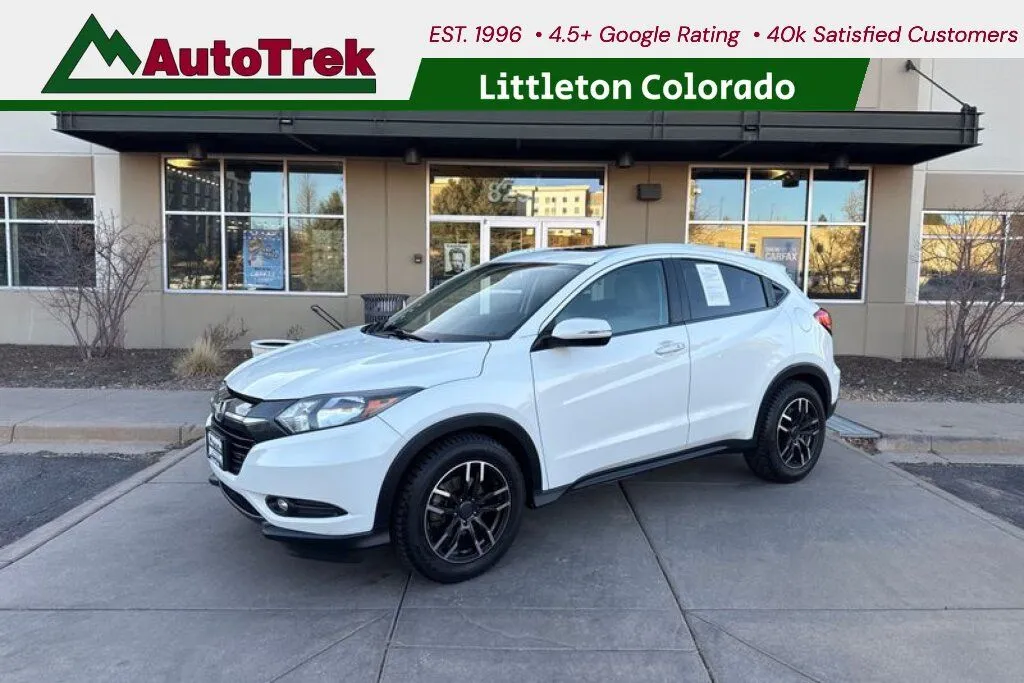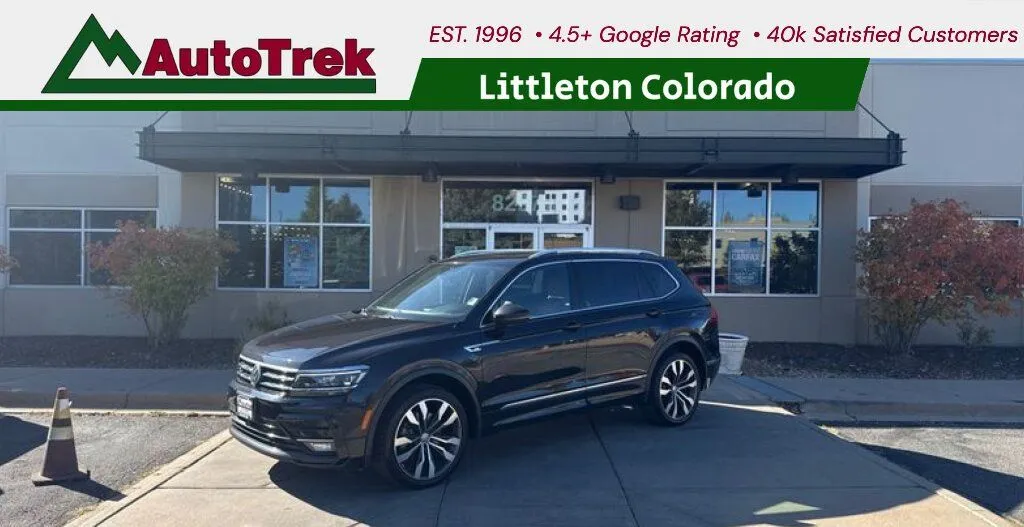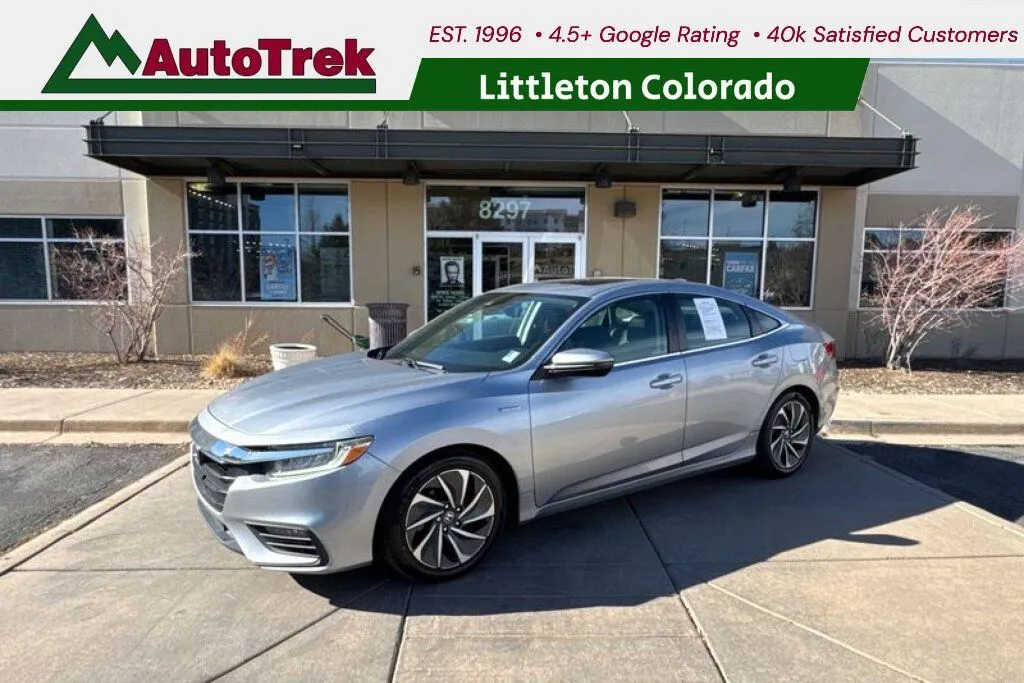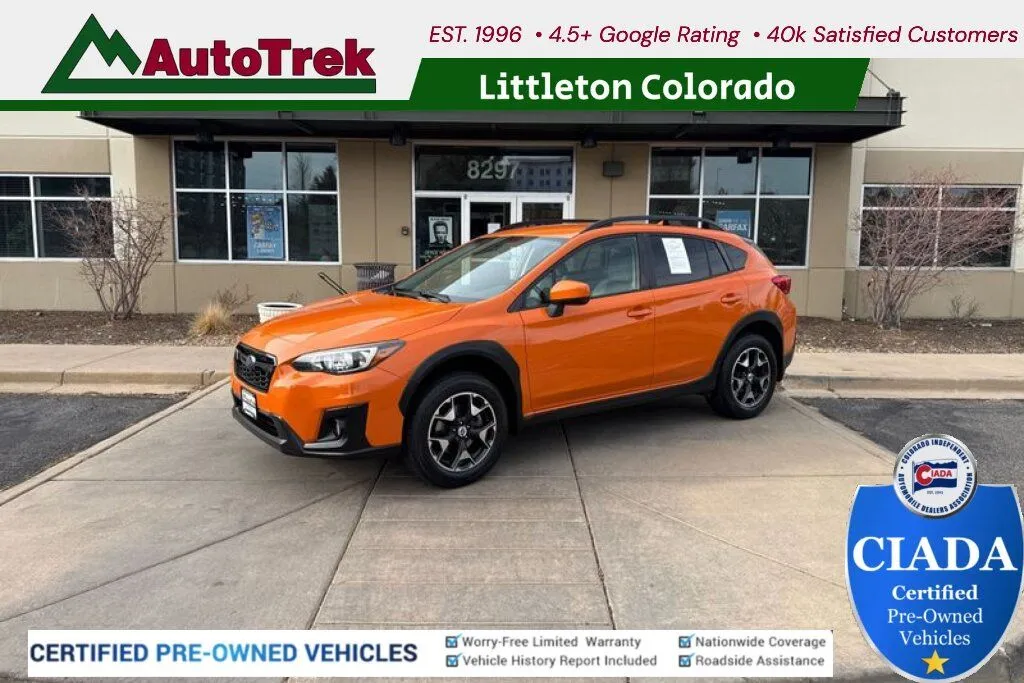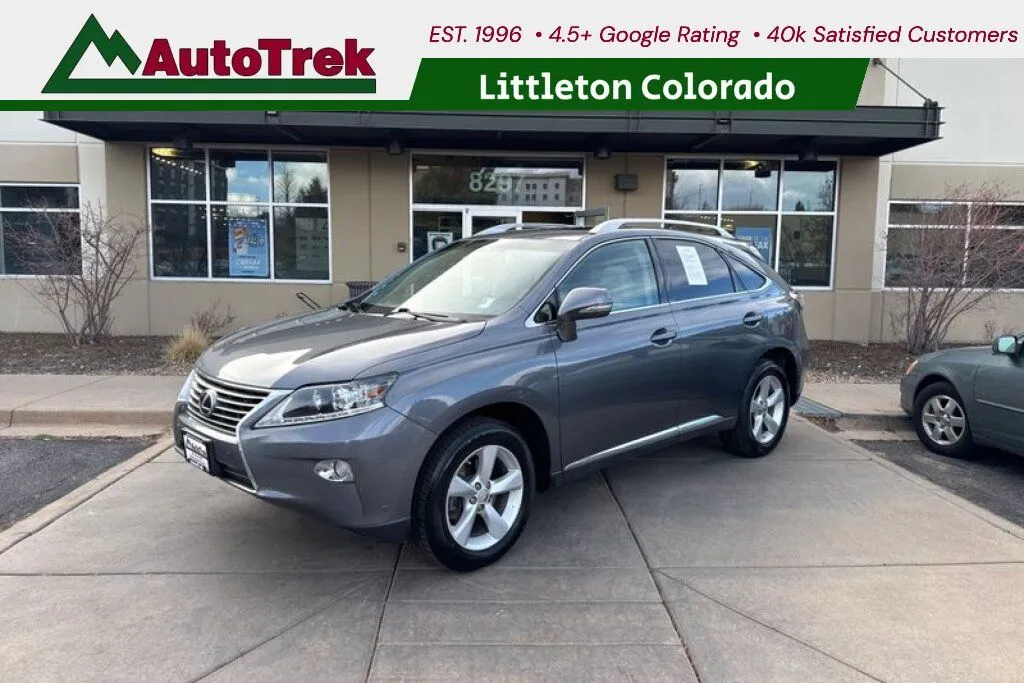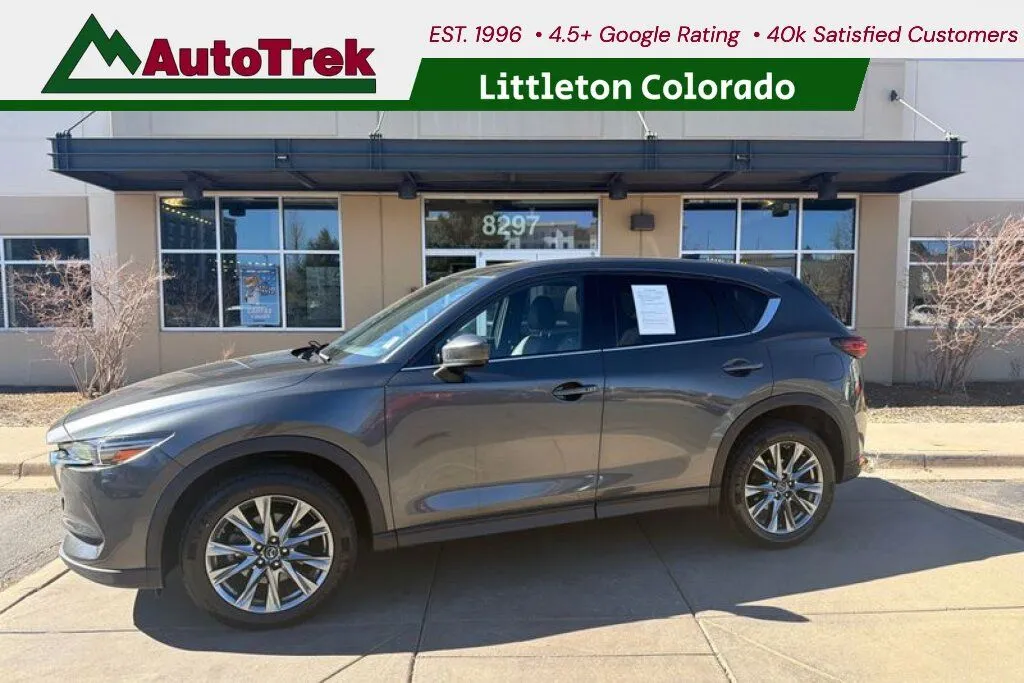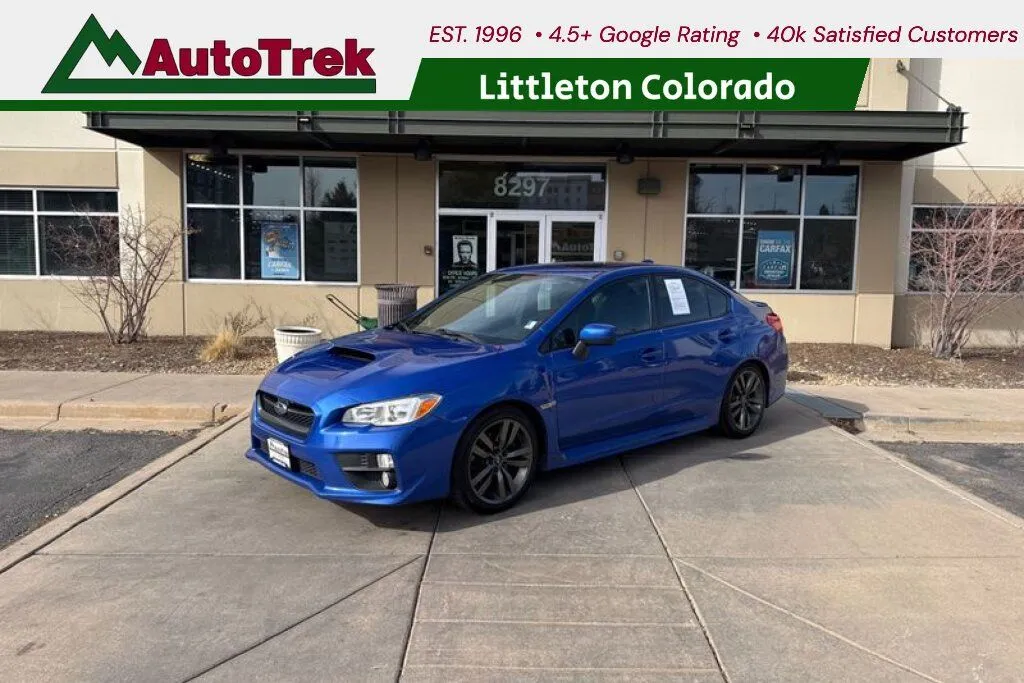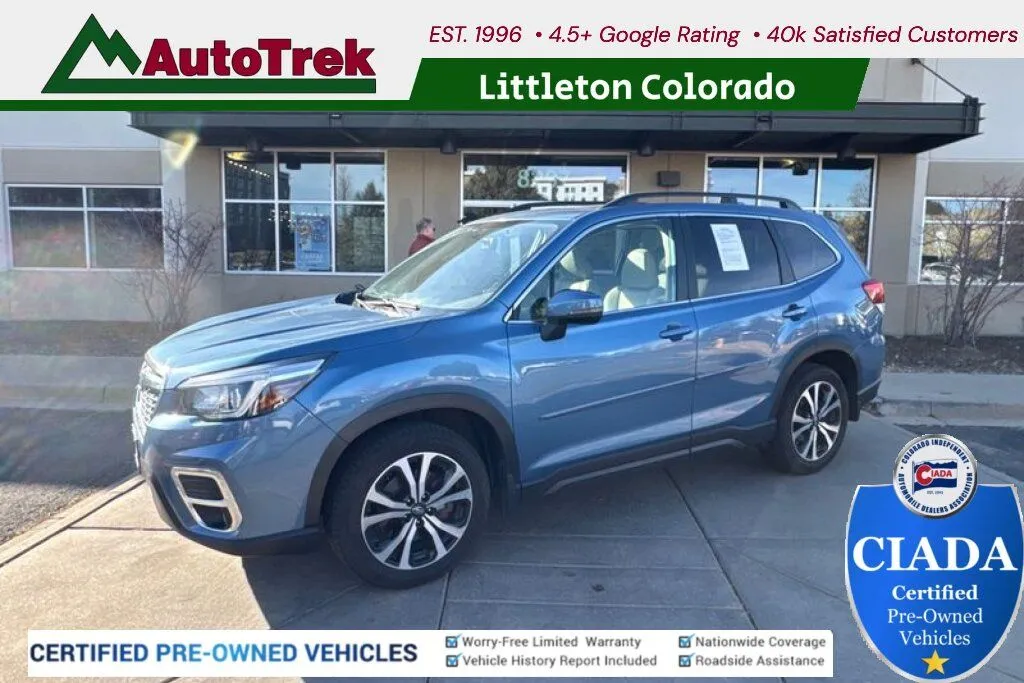Top 20 Questions To Ask Before Buying A Used Car
Buying a used car can be an exciting experience, but it can also be a little overwhelming. It is a significant decision, and you want to make sure you are getting the best deal. Asking the right questions when buying a used car is one of the most effective ways to make sure you are making an informed decision. With the right questions, you can avoid hidden issues and get a reliable vehicle that suits your needs.
At AutoTrek, we have been helping drivers find quality used cars, trucks, and SUVs for sale in Littleton, CO, for over 25 years. As a family-owned business, we understand the importance of making the right decision when purchasing a used car. That is why we offer a wide range of inspected vehicles and flexible auto financing options. We want you to feel confident and comfortable throughout your car-buying journey.
Now, let us dive into the top questions you should ask before buying a used car.
Why is the car being sold?
It is important to understand why the car is being sold. While some sellers simply want to upgrade or downsize, others may be trying to sell a car with hidden issues. If the car is being sold due to problems or a history of repairs, it is crucial to know upfront.
A seller who offers a clear and honest reason will make you feel more confident. If they seem hesitant or vague about the reason, this could be a red flag. Always trust your instincts and seek transparency.
What is the car’s maintenance history?
Knowing how well the car has been maintained is vital. Regular oil changes, tire rotations, and timely brake replacements are signs that the car has been taken care of. A well-maintained car is generally more reliable and less likely to need expensive repairs soon after purchase.
Ask the seller for any service records or receipts. A car that has been regularly serviced is often a better option than one that has missed routine maintenance. If the seller cannot offer these records, consider looking elsewhere.
Has the car been in any accidents?
Understanding if the car has been in an accident is one of the most critical factors in your decision-making process. Accidents, even minor ones, can affect a car's safety, structure, and long-term durability. A car that has been involved in an accident may have hidden damage that is not visible at first glance.
Ask the seller directly about the car’s accident history. You can also request a history report from services like CARFAX or AutoCheck to get a comprehensive view of the car's past. If the car has been in any accidents, make sure the repairs were done correctly and safely.
What is the car’s mileage?
Mileage can be a significant factor in determining the overall condition of a car. Lower mileage cars tend to have more life left in them, but high-mileage cars can still be reliable if they have been properly maintained.
Ask the seller for the car's exact mileage, and check how it compares to similar vehicles of the same year. A car with higher mileage may cost less, but it might require more frequent maintenance. Always factor in the maintenance history when considering mileage.
Can I take the car for an independent inspection?
A trustworthy seller should have no problem letting you take the car to a mechanic for an independent inspection. This inspection can help uncover any hidden issues with the car that may not be visible to the average buyer.
If the seller is unwilling to let you have the car inspected, it is a big red flag. You have every right to make sure the car is in good condition before committing to the purchase. An independent mechanic can give you a professional assessment of the car’s condition.
Has the car had any recent repairs?
Asking about recent repairs can give you insight into the car’s overall health. For example, has the transmission been repaired? Are there any major components that have been replaced recently? This could be an indication of a car that has had ongoing issues or one that has been well taken care of.
If recent repairs were done on significant parts like the engine or suspension, it might be worth considering. However, if the car has needed frequent repairs for the same issue, it could signal a larger, ongoing problem.
What is the car’s fuel efficiency?
Fuel efficiency is important, especially if you plan to use the car for daily commutes or long trips. Cars with higher miles per gallon (MPG) ratings can save you money over time.
Ask the seller for the car’s fuel efficiency and compare it to other similar vehicles. If the car is known to have low fuel efficiency, it could end up costing you more in fuel expenses eventually. Always consider your budget and driving needs when evaluating this aspect.
Are there any warning lights on the dashboard?
A car with warning lights on its dashboard should raise a red flag. If it has the check engine light, oil pressure light, or another warning, these lights are often signals that something is wrong with the car.
Ask the seller if there are any warning lights on and what they mean. If the seller tries to ignore the issue or downplay it, consider having the car inspected before proceeding. Warning lights should never be ignored as they could indicate serious issues that need attention.
Can I see the title and registration?
Before moving forward, always ask to see the car’s title and registration. The title should be clean and free from any liens. The registration should match the car’s VIN number and show that the seller is the rightful owner.
If the title is branded as “salvage” or “rebuilt,” you might want to reconsider the purchase. Cars with a salvage title can be difficult to insure and often have structural issues that may not be easily visible.
What is the asking price based on?
Understanding the price is crucial before making any decisions. Ask the seller how they arrived at the asking price. Did they factor in the car’s condition, age, mileage, and market value? A reasonable seller should be transparent about the pricing process.
If the price seems high compared to similar vehicles, ask the seller for clarification. If the price is unusually low, there may be hidden problems with the car that justify the discount.
What’s the car’s warranty status?
While most used cars no longer have a warranty, some might still be covered under the manufacturer’s original warranty or may be eligible for an extended warranty.
Ask the seller about the car’s warranty coverage. If there is no warranty left, ask if the seller offers any type of limited coverage or service contracts. This can give you extra protection and peace of mind, especially if you are unsure about the car’s condition.
Can I take the car for a test drive?
A test drive is a crucial part of buying a car. It lets you get a feel for the car’s handling, comfort, and overall performance. It is important to drive the car on different types of roads, including highways and side streets, to get a comprehensive sense of how it performs.
Focus on how the car speeds up, slows down, and maneuvers. Be alert to any strange sounds or vibrations. A smooth and comfortable ride is a sign that the car is in good condition.
What is the vehicle’s history report?
The vehicle history report offers valuable information about the car’s past. It includes details about any previous accidents, title issues, or flood damage.
Ask the seller for a complete history report. You can also use services like CARFAX or AutoCheck to get a detailed report. A clean report is always ideal, but be wary of any history that indicates the car has been involved in accidents or has a salvage title.
How does the price compare to similar cars?
It is important to compare the car’s price with similar vehicles in the market. Research online tools like Kelley Blue Book (KBB) or Edmunds to get an estimate of the car’s value. This will help you determine if the price is fair or if you are being overcharged.
If the price is higher than similar cars, ask the seller for justification. If it is lower, it could indicate the car has hidden issues that should be addressed.
Is there a return policy?
Not all used car dealers offer return policies, but it is worth asking. Some dealers allow you to return the car within a specific period if you change your mind or find issues that were not disclosed.
If the dealer does not offer a return policy, make sure you are satisfied with the car and its condition before committing. Having the option to return a car can give you peace of mind, but if it is not available, make sure to take every precaution when inspecting the car.
How many previous owners has the car had?
The number of previous owners a car has had can tell you a lot about its history. Generally, fewer owners mean the car has been more stable and less likely to have been passed around due to problems. A car with multiple owners might indicate issues that prompted each owner to sell it.
Ask the seller how many previous owners the car has had and check this information with the car’s title. If the car has had several owners in a short period, ask why it was sold so frequently.
Has the car been modified or customized?
Many car owners modify or customize their vehicles for various reasons, from aesthetics to performance. However, modifications can sometimes lead to issues with the car’s reliability or future repair costs. Certain modifications, especially those that affect the engine or suspension, might cause stress on the car’s components, or void its warranty.
If the car has been modified, ask for details on the modifications done. Make sure these changes do not compromise the vehicle’s integrity or safety. Also, inquire if the modifications were professionally done or if the owner altered the car.
Are there any signs of rust or corrosion?
Rust and corrosion are issues that can seriously affect the structural integrity of a vehicle, especially in older models. These issues can be expensive to fix and may lead to safety concerns. If the car has been exposed to harsh weather conditions or salt, such as in coastal or snowy areas, rust might be more prevalent.
Examine the car’s body, especially the undercarriage, wheel wells, and doors, for any visible signs of rust. If there is visible corrosion, it could indicate that the car has been poorly maintained or exposed to conditions that accelerated wear.
What type of fuel does the car require?
The type of fuel a car requires can have a significant impact on its overall cost of ownership. Most cars run on regular gasoline, but some may require premium fuel, which can be more expensive. Additionally, hybrid and electric cars may require different maintenance, fueling, or charging infrastructure compared to traditional gasoline vehicles.
Ask the seller about the fuel requirements for the car. If it runs on premium fuel, make sure you are comfortable with the additional cost, especially if you plan to use the car frequently. For electric or hybrid vehicles, inquire about the battery condition and charging options, as these factors can affect the car’s efficiency and running costs.
How does the car perform in extreme weather conditions?
If you live in an area with extreme weather conditions, it is important to understand how the car performs in those environments. For instance, if you live in a place with harsh winters, it is important to know how the car handles snow and ice. Similarly, if you experience hot summers, you will want to know how well the car’s air conditioning and cooling system function.
Ask the seller about the car’s performance in various weather conditions. If the car has been driven in extreme weather, ask how it performs in those conditions. If possible, take the car for a test drive in conditions like what you would typically face to assess its performance.
Asking the right questions to ask when buying a used car is crucial to making a smart, informed decision. It helps you assess the car’s condition, history, and overall value. By taking the time to ask these important questions, you can avoid costly mistakes and make sure you are getting a car that is safe, reliable, and fits your needs.


